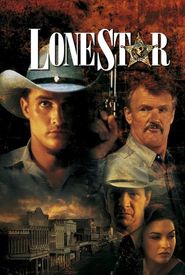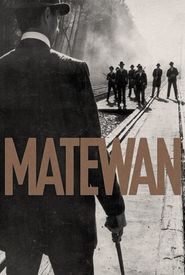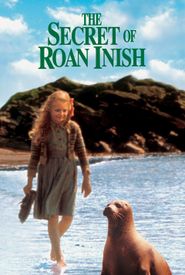John Sayles, a remarkably gifted individual, began devouring novels at an astonishingly young age of nine. Upon graduating from Williams College in 1972, he deliberately eschewed a conventional corporate career to take on various blue-collar jobs, eventually relocating to east Boston to secure a factory position. Simultaneously, he penned stories and submitted them to numerous publications, ultimately receiving inspiration from The Atlantic Monthly to compile them into a novel, thus "Pride of the Bimbos" (1975) came to fruition.
In the late 1970s, Sayles worked as a screenwriter for renowned low-budget producer Roger Corman, accumulating a sizeable amount of money and subsequently using it to fund his own project, "Return of the Secaucus Seven" (1980),which was completed in a mere 25 days. Although the film received widespread acclaim, Sayles faced difficulties securing financing for his future projects due to his unwavering insistence on maintaining creative control.
In 1983, the MacArthur Foundation Fellowship bestowed upon him a tax-free annual stipend of $32,000 for five years, allowing him to supplement his income with writing credits for films such as "The Clan of the Cave Bear" (1986),"Enormous Changes at the Last Minute" (1983),and "Breaking In" (1989). This financial stability enabled him to produce the types of films he desired.
Sayles' critically acclaimed "Lone Star" (1996) solidified his position among the top American filmmakers, showcasing his concern for regional cultures, national values, and the modern American experience. Throughout his oeuvre, a broad social consciousness emerges, reflecting his fascination with the intricacies of regional cultures and national values.
Sayles and his long-time partner, Maggie Renzi, whom he met during his college years, have resided together since the 1970s, dividing their time between a Hoboken, New Jersey, residence and a farm in upstate New York. Despite their enduring relationship, they have no plans to formalize their union through marriage.



























































































